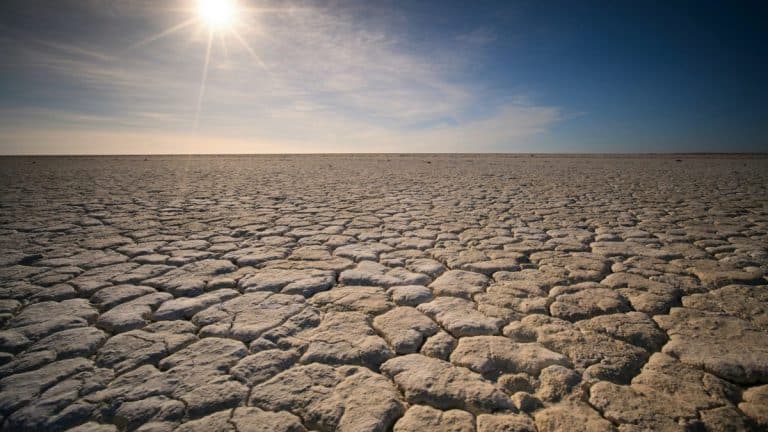The Middle East and North Africa face an unprecedented water shortage, according to the World Bank.
An additional 25bn cubic metres of water a year will be needed in the region by 2050, say experts.
The World Bank warned that people across the MENA face “negative consequences” on water quality as a result of this situation.
Middle East water shortage
According to a World Bank report, the amount of water available per capita annually in the region will decrease by the end of the current decade from “the absolute limit of water scarcity, which is 500 cubic meters per person per year.”
The World Bank predicted that “by 2050, an additional 25bn cubic metres of water will be needed annually to meet the needs of the region. This is equivalent to establishing another 65 desalination plants, the size of the Ras Al-Khair plant in Saudi Arabia, which is the largest in the world in present time”.
The report proposes a series of resource management reforms, as well as institutional reforms to mitigate water pressures in the region.
“Water shortages pose a serious challenge to life and livelihoods, as the agricultural sector and urban centres compete for this precious natural resource and its distribution systems,” said Ferid Belhaj, World Bank Vice President for the Middle East and North Africa.
“A new approach is needed to address this challenge, including delegating more control to local authorities over how water distribution is managed,” Belhaj stated.
However, the World Bank notes that “the expansionist approach to the development of water resources is now facing limits that will require countries to make difficult choices,” noting that the current time is witnessing “an overexploitation of groundwater, which will have negative consequences for water quality, and will lead to importing ‘virtual water’ has made countries vulnerable to global shocks.”








